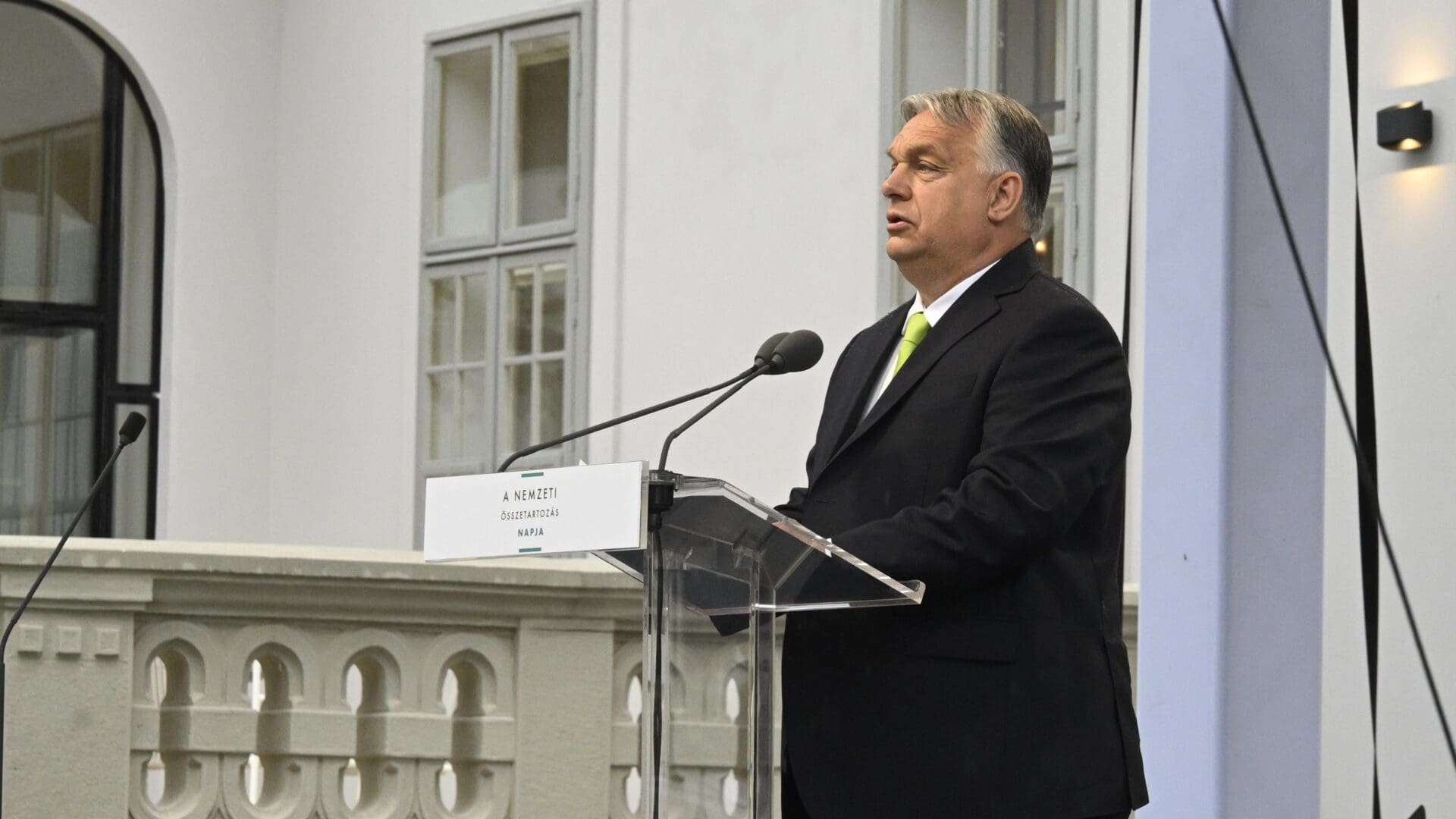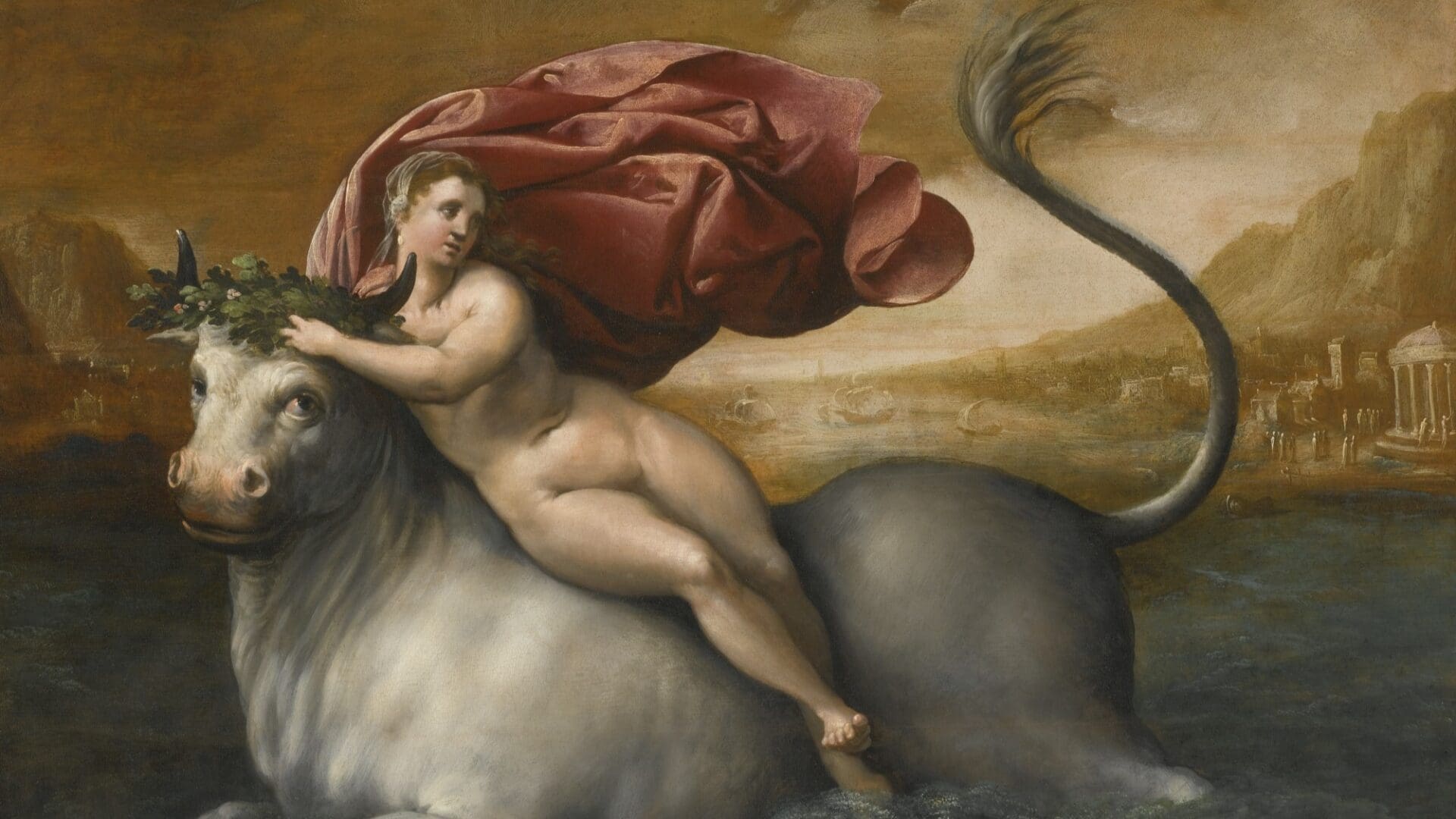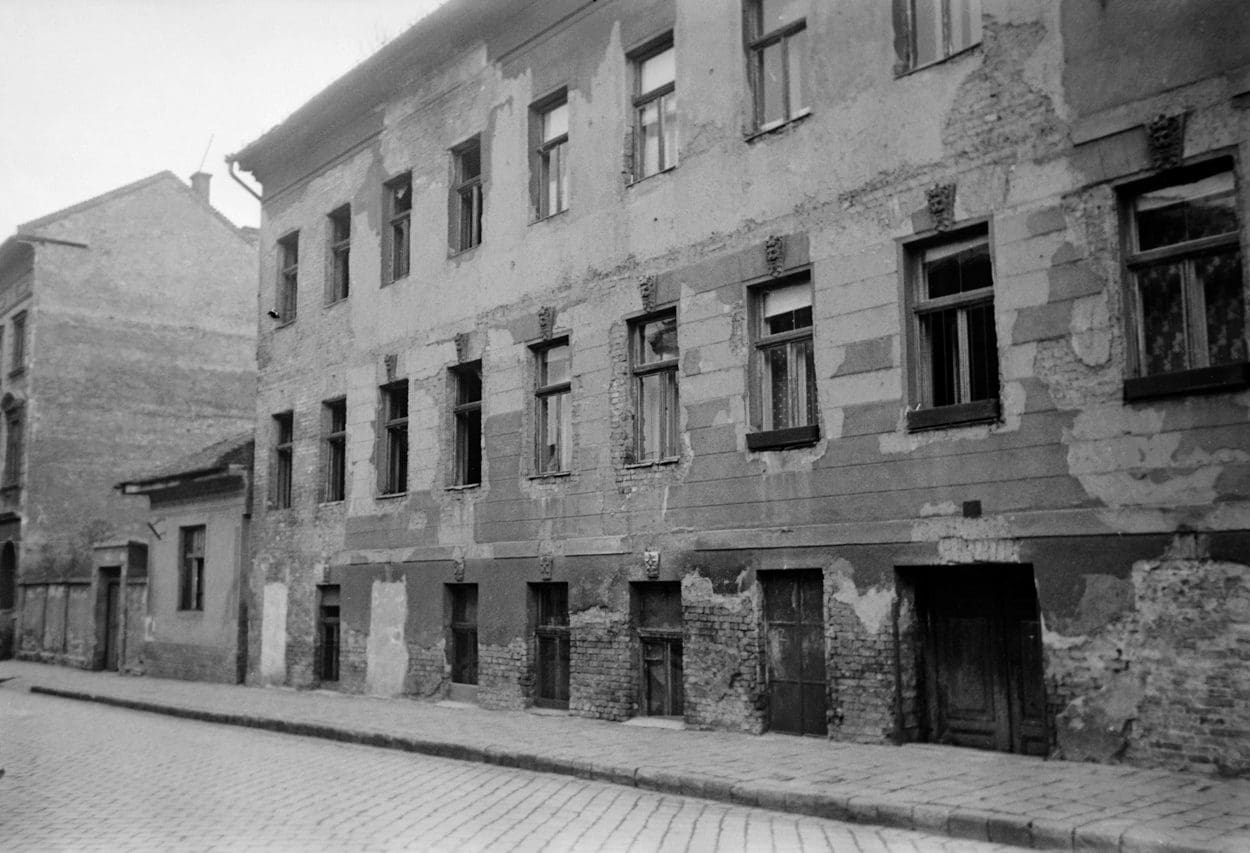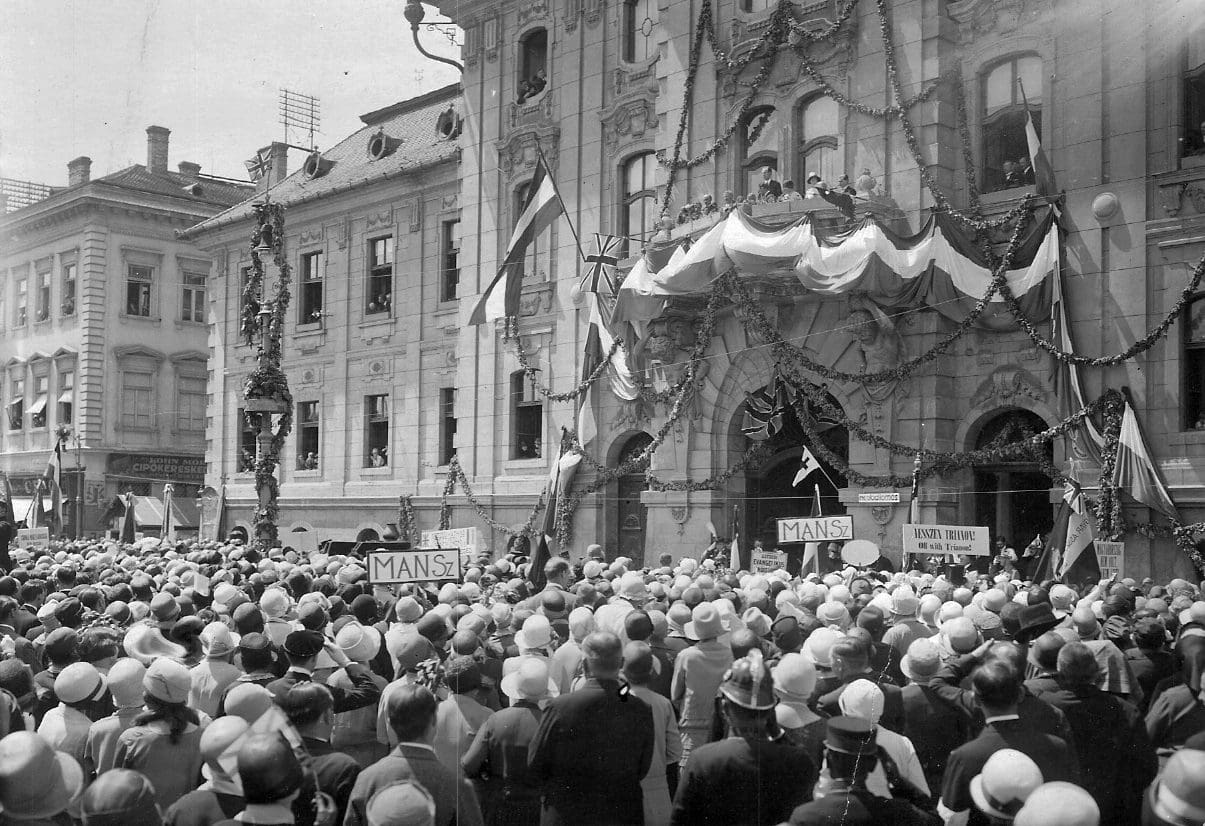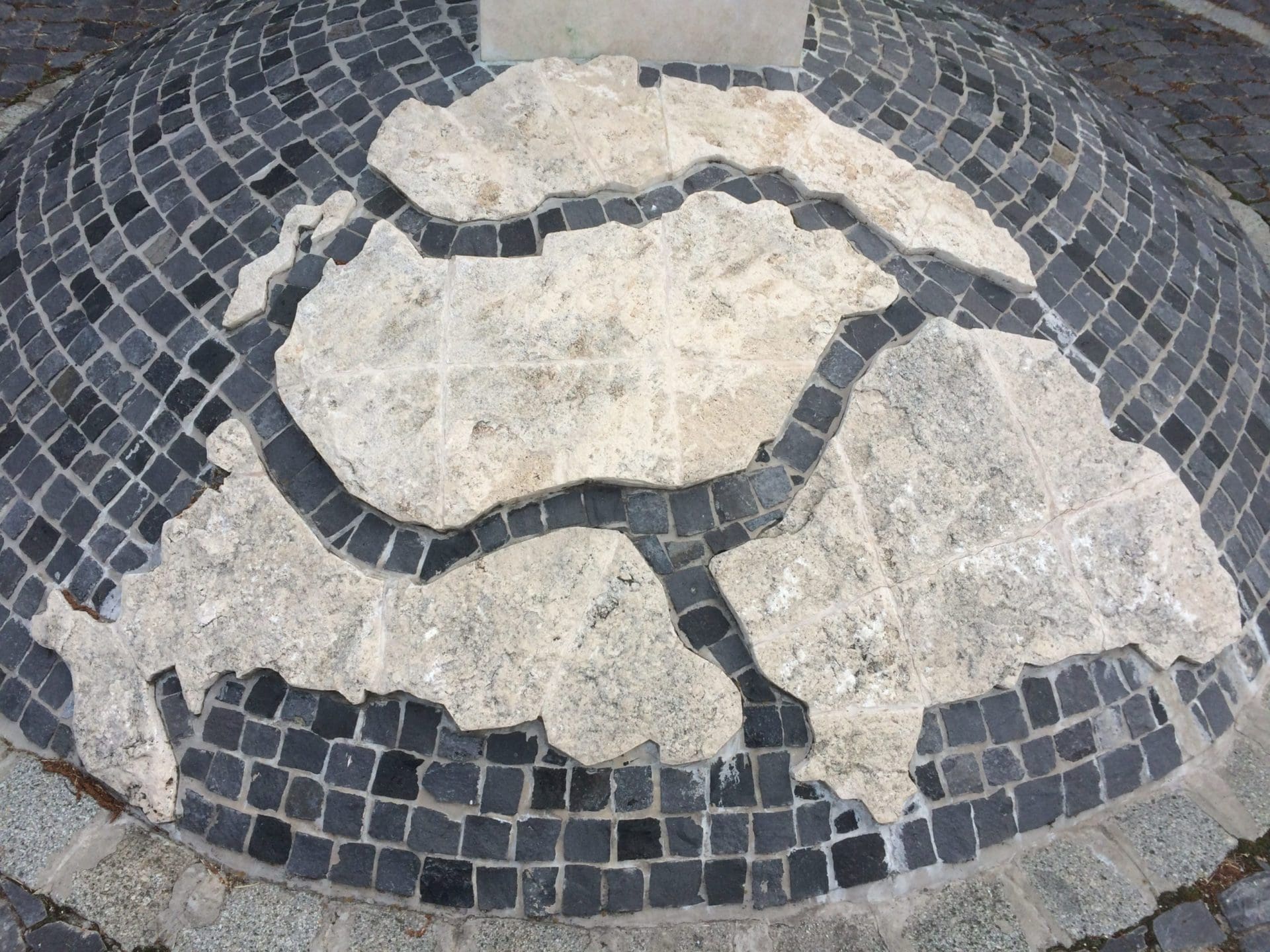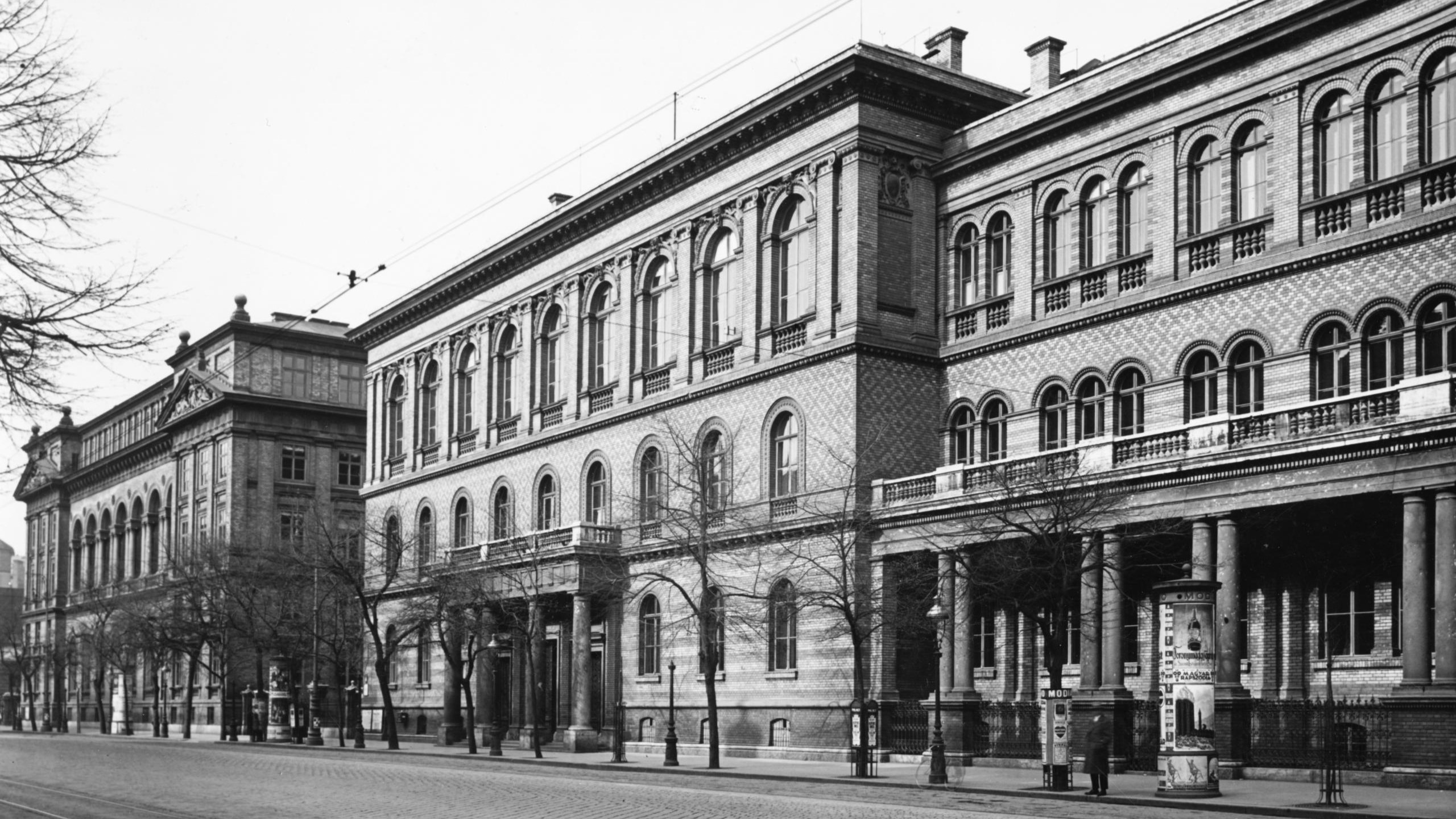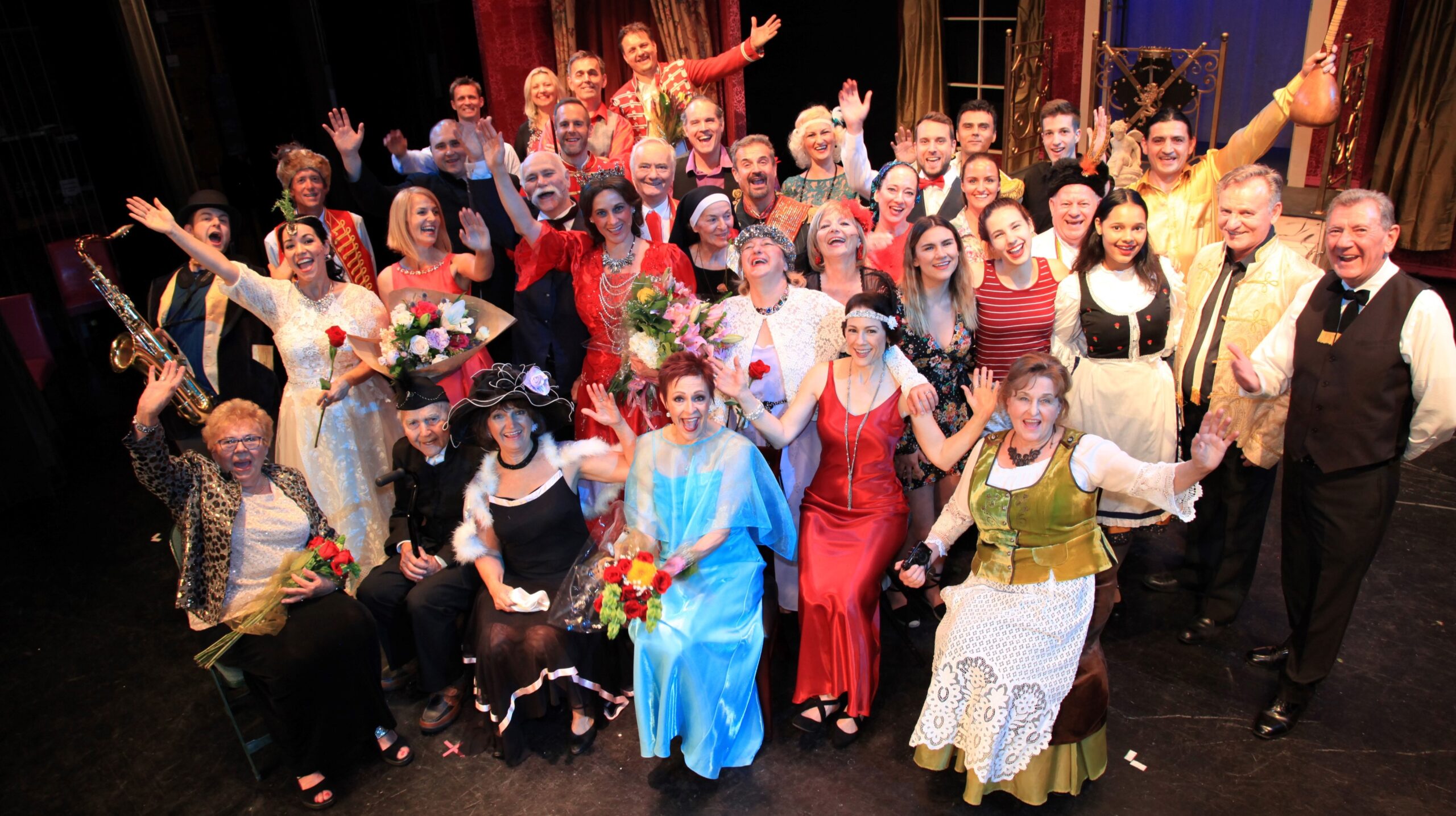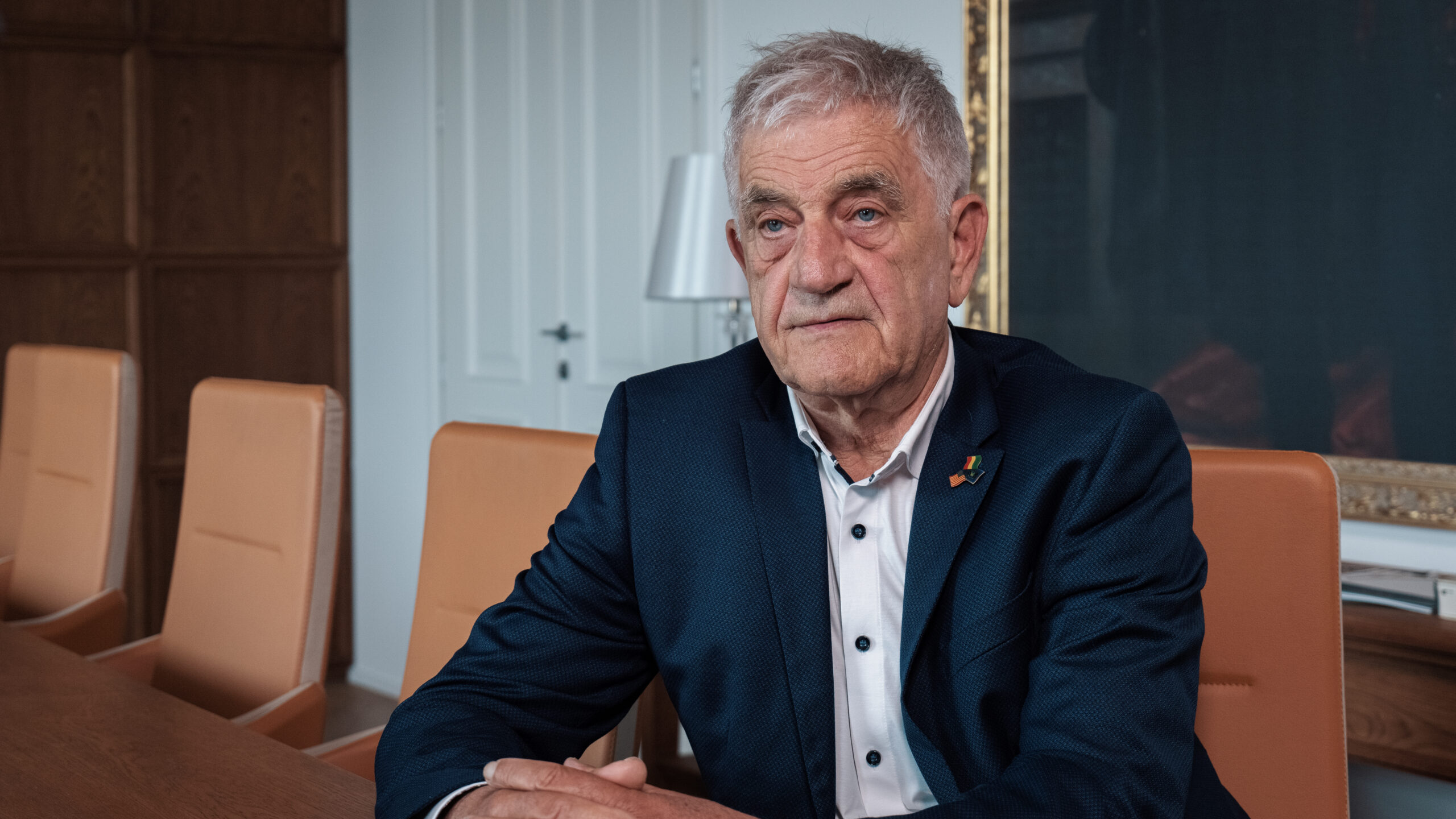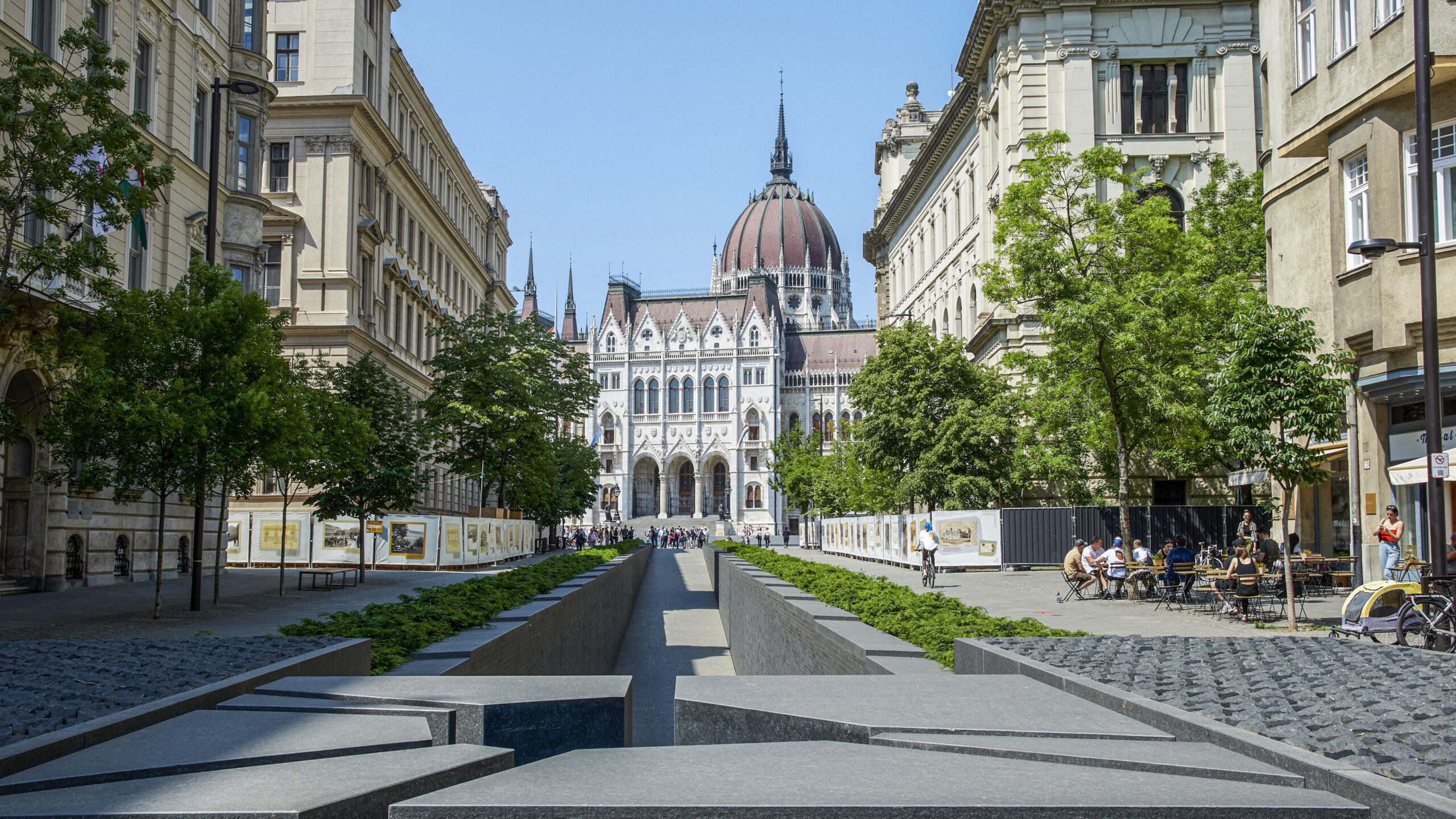
4 June: Hungary’s Day of National Unity Remembers the Trianon Treaty
On 4 June, Hungary marks the Day of National Unity, commemorating the 1920 Treaty of Trianon, which redefined the country’s borders and left millions of ethnic Hungarians outside the nation’s territory. The day honours shared identity beyond borders.

